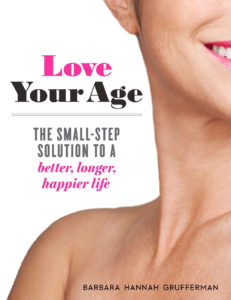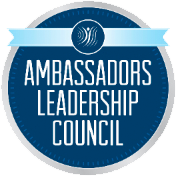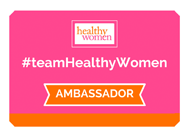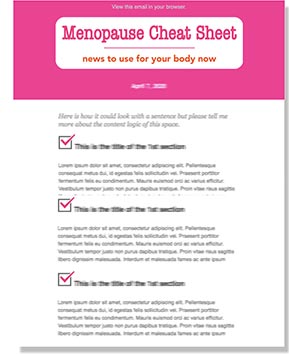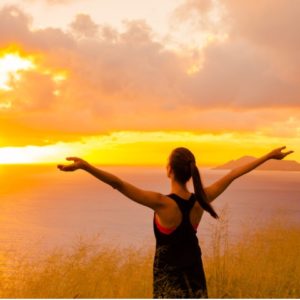
Or, stuck in smaller but also significant ways — exercise routines, eating patterns, the route they take to work each day, the news sources they turn to, or the snack they eat before going to bed.
I use the word “stuck” only when certain modes and patterns of behavior cause unhappiness. Or, when a person feels lacking in some way, like something is missing, resulting in feelings of “less than.” Or, when a person feels they have no control over their lives or destinies. Or, when how they’ve been doing things, or with whom they’ve been living, or how they’ve been earning a living, no longer works for them resulting in deep discomfort. feelings of powerlessness, and a yearning for change.
Of course, there are those who have accepted and stick with their set patterns because . . . it works for them. There’s comfort in the known, the tried and true. There’s security in sticking with a job, no matter how boring and low-paying it is, or an exercise program one has been doing for years . . . just because.
For those people who are seemingly happy with their choices, I would not use the word “stuck” necessarily but limited, complacent. If they looked up and poked their heads outside their set ways once in a while they might see that there are, in fact, other ways of doing, thinking, being, living. Ways that might improve their lives, bodies, health, relatability, attractiveness, and ability to accept others. Ways that might even save their lives. Consider this, though: once that door opens, and the the knowledge that there could be other options, other choices to consider, enters a person’s mind, the risk is that they might now feel torn. “What should I 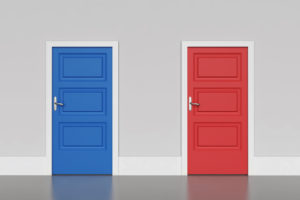
The knowledge that choice is a human right is an awakening. It’s disruptive.
Too often people stay stuck where they are because they don’t believe they have any other choice. They think there is only one path available to them– and that is their current reality.
But, once people become aware — either from within themselves, or from outside sources such as a book, TV, friend, or a speaker–that ‘choice’ is not only an option that is open to everyone, but that it is a human right . . . the floodgates can open up.
The knowledge that choice is a human right is an awakening.
It’s disruptive.
Choice can create a better life, but it can also complicate life. If a woman who is living in an unrewarding, possibly abusive relationship, opens up her mind to the reality of choice, she must then take it a step further and choose to act on the choices that might now be available to her: try to fix the relationship; leave the relationship; or go back into her ‘stuck mode’ and live her life as she always has, whatever the consequences.
There are nuances to choice; even steps toward choice. One can choose to leave an unsatisfactory relationship but choose the right time to do so. Choice can be broken down in multi-steps, culminating in an ultimate choice that can change a life.
Staying with the known, as opposed to choosing to leave the known and move toward the unknown takes courage and a sense of adventure. For the ‘bigger decisions’ in life, you must often be willing to make sacrifices when you choose a specific path. You must be willing to accept the reality that sometimes choice can land you in unchartered waters, or even trouble. And sometimes the choice you make is not always the right one.
Add “choice” into your life by making sure you always have a few options from which to to choose. For example, if you have chosen to lose weight to get healthier, you can investigate a few different programs, discuss plans with a doctor or nutritionist, and make a choice backed by good judgement, good research, and what feels right.
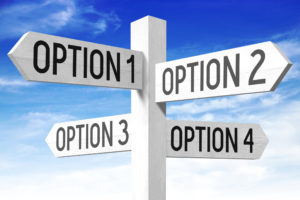
From the big decisions in life, to the mundane, every minute of every day we are confronted with the prospect of making a choice.
Knowing, accepting and embracing that you have the right to choose what you do and how you live your life will free you from the shackles that bind you, and thrust you into a bright new world of possibilities, freedom, and to a life well lived.
Love Your Age: The Small-Step Solution to a Better, Longer, Happier Life
is available at bookstores everywhere or click here to order now.



